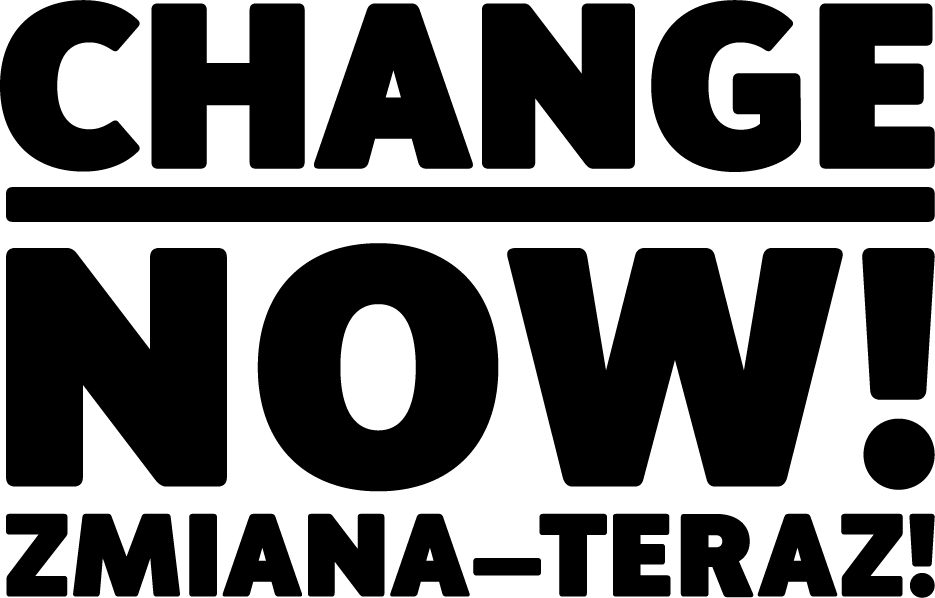Aim
The aim of the project is to develop innovations in education and theatre practices, based on democratic, subjective and team principles, responding to dynamic social transformations and changing working conditions in culture, including those, which will arise due to the pandemic. The assumptions result from the belief that the overlapping crises of the ecosystem, economy, democratic leadership, public sphere, social trust and solidarity, which affect the entire European community with varying intensity, pose specific challenges to culture. Its response must not only consist in minimizing losses, but should constitute a constructive vision of building a new, open and democratic community and regeneration of the public sphere.
Culture has significant tools and its creators have competences, which can be activated for this purpose: imagination that allows to develop new models of communication and cooperation, the ability to shape a new language for describing reality and building a situation of real meeting with Others, the ability to combine aesthetic and cognitive experience, critical thinking and affirmation of co-being. However, in order to activate its transformational potential, culture itself must rebuild its own logic of action, verifying the primacy of productivity, competition and individualism for the sake of bolstering cooperation, solidarity, and striving to empower all participants. It is necessary to transform cultural institutions, which are often based on a highly hierarchical power and focused mainly on building their own brand. For many years, progressive and allegedly involved social institutions have unreasonably been subject to the mechanisms of overproduction, which exploited the life forces of creators and employees of institutions, producing an ever-increasing number of events and projects, focused primarily on the success of institutions on the art market, and not on the real social impact or self-development of their participants. This system is likely to break as a consequence of the pandemic and ecological collapse.
In line with the selected priorities, the aim of the project is the joint work of an international team of experts – theoreticians and practitioners, creators and students – on the new logic and practices of work in culture, consistent with democratic values and principles of solidarity and open community. We need to transform the language we use to talk about culture and art, change production and participation models, find new ways of bottom-up organization and permanently link them with reformed and socialized public institutions. This process must take into account the radical postulates of an ecological shift in art, which requires the introduction of profound system changes allowing cultural entities to function beyond the logic of competition, unlimited development and continuous use of resources. It is about a new “ecology of culture”, understood as a concern for the entire social and natural environment. This concern for each other and for the environment is based on cooperation and sharing. It will not be possible to do this without appropriate methods of educating young artists, without international and intergenerational cooperation for a democratic and socialized process of artistic education and institutional transformation. Schools and theatre structures operate in a closed system, therefore the change must take place in both areas. Its implementation requires a broad alliance of creators, theoreticians, practitioners, curators and decision makers.
